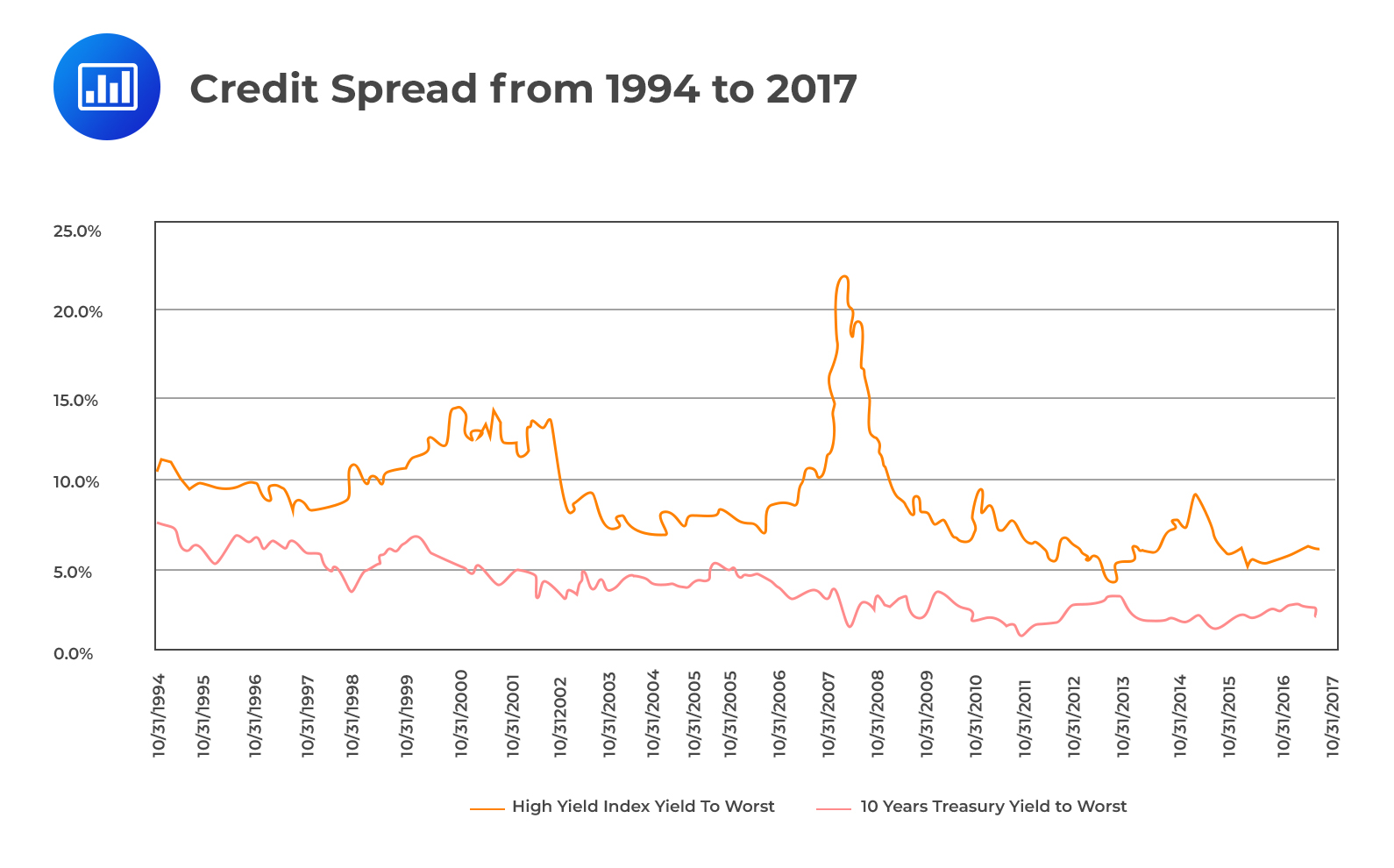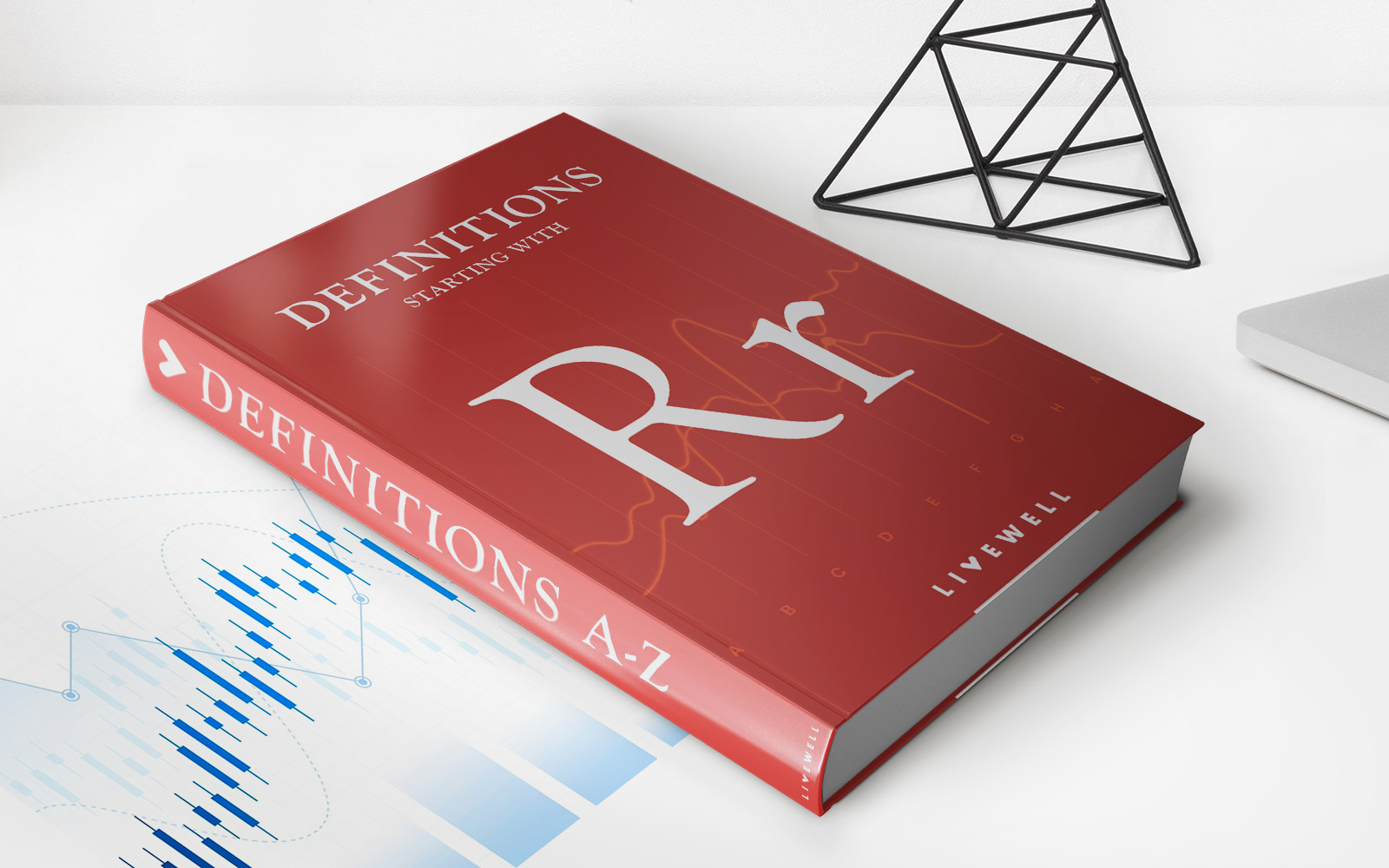

Finance
What Is Delinquent Credit
Published: January 12, 2024
Learn what delinquent credit means in the world of finance and how it can affect your financial health. Find out how to address delinquency and improve your credit score.
(Many of the links in this article redirect to a specific reviewed product. Your purchase of these products through affiliate links helps to generate commission for LiveWell, at no extra cost. Learn more)
Table of Contents
Introduction
Delinquent credit is a term that is often associated with financial struggles and can have a significant impact on one’s financial health. It refers to the failure to make timely payments on credit obligations, such as loans, credit cards, or mortgages. This can result in negative consequences, including damage to credit scores and difficulties in obtaining future credit.
Many individuals and households find themselves facing delinquent credit at some point in their lives, often due to unforeseen circumstances such as job loss, medical expenses, or other financial setbacks. It is important to understand the causes and effects of delinquent credit and to take proactive steps to manage and improve one’s financial situation.
This article aims to provide a comprehensive overview of delinquent credit, including its definition, causes, impact on credit scores, consequences, and strategies to avoid and deal with delinquent credit. By gaining a deeper understanding of this concept, individuals can make informed decisions and take steps to prevent or address delinquent credit effectively.
Definition of Delinquent Credit
Delinquent credit refers to a situation where a borrower fails to make payments on their credit obligations within the agreed-upon timeframe. In other words, it occurs when a borrower becomes overdue or falls behind on their credit payments. Delinquency typically applies to various types of credit, including credit cards, personal loans, student loans, mortgages, and auto loans.
The delinquency period can vary depending on the terms and conditions of the credit agreement, but it is generally considered to begin after a certain number of days (usually 30 days) have passed since the due date without a payment being made. At this point, the account is labeled as delinquent by the lender or creditor.
Delinquency is classified into different stages based on the severity of the missed payments. The most common stages include:
- 30-59 days past due: The account is considered mildly delinquent.
- 60-89 days past due: The account is considered moderately delinquent.
- 90+ days past due: The account is considered severely delinquent.
It’s important to note that delinquency does not involve defaulting on the credit obligation entirely. Default typically occurs after an extended period of delinquency, and it signifies a complete failure to repay the debt. Delinquency, on the other hand, is a precursor to default and can still be rectified to avoid severe consequences.
Delinquent credit is reported to credit bureaus, which can have a significant impact on an individual’s credit history and credit score. This negative reporting can make it difficult to obtain future credit and may result in higher interest rates and limited borrowing opportunities in the future.
Causes of Delinquent Credit
There are various factors that can contribute to delinquent credit. Understanding these causes can help individuals avoid or address delinquency effectively. Here are some common causes:
- Financial Hardship: Unforeseen circumstances such as job loss, illness, or unexpected expenses can significantly impact one’s ability to make timely credit payments. Reduced income or increased financial obligations can lead to difficulty in meeting financial obligations, ultimately resulting in delinquency.
- Lack of Budgeting and Financial Management: Poor money management skills, lack of budgeting, and overspending can quickly lead to a situation of delinquent credit. Failing to keep track of expenses and allocate funds appropriately can make it challenging to meet financial obligations.
- High Debt-to-Income Ratio: Having a high level of debt in relation to income can put individuals at a greater risk of delinquency. If a significant portion of income is already allocated to debt payments, it leaves less room for unexpected expenses or financial setbacks.
- Insufficient Emergency Fund: Not having an emergency fund to cover unexpected expenses can lead to delinquent credit. Without a financial safety net, individuals may rely on credit cards or loans to cover emergency costs, increasing the risk of falling behind on payments.
- Lack of Financial Literacy: Limited knowledge and understanding of personal finance can contribute to delinquent credit. Individuals who are unaware of their credit obligations, payment due dates, or the consequences of delinquency may unknowingly fall into arrears.
- Unexpected Life Events: Major life events such as divorce, death in the family, or medical emergencies can have a significant impact on financial stability. These events can disrupt income, increase expenses, and create financial strain, making it more challenging to maintain timely credit payments.
It’s essential to recognize the potential causes of delinquent credit to take proactive steps in managing finances and minimizing the risk of falling behind on credit obligations. By addressing these underlying causes, individuals can prevent or overcome delinquency more effectively.
Impact of Delinquent Credit on Credit Scores
Delinquent credit can have a significant impact on an individual’s credit scores. Credit scores are a numerical representation of a person’s creditworthiness and play a crucial role in determining their ability to access credit and secure favorable terms. Here are the key ways delinquent credit can affect credit scores:
- Decreased Credit Score: Delinquent credit is a red flag to creditors and lenders, signaling a higher risk of default. As a result, credit bureaus may lower the individual’s credit score. The severity and duration of delinquency can further impact the extent of the credit score decline.
- Adverse Payment History: Delinquency is recorded in the payment history section of a credit report. Missed or late payments are seen as negative factors by credit reporting agencies, which can decrease credit scores. The longer the delinquency period, the more damaging the impact on credit scores.
- Credit Utilization Ratio: Delinquent credit can lead to an increase in the credit utilization ratio, which is the amount of credit used compared to the total available credit. Higher credit utilization ratios can contribute to lower credit scores as it suggests a higher dependence on credit and potential financial instability.
- Difficulty in Obtaining Future Credit: Delinquent credit can make it harder to obtain credit in the future. Lenders may view individuals with a history of delinquency as higher-risk borrowers and may be hesitant to extend credit or charge higher interest rates to compensate for the perceived risk.
- Limited Borrowing Options: Delinquent credit can limit an individual’s borrowing options. They may only qualify for credit with higher interest rates or be restricted to secured credit options that require collateral. This can limit their ability to access favorable loan terms and potentially hinder their financial progress.
It’s important to note that the impact on credit scores will depend on various factors, including the severity of delinquency, the overall credit history, and any other negative factors present. However, taking proactive steps to address delinquent credit and improve payment behavior can lead to gradual credit score recovery over time.
Consequences of Delinquent Credit
Delinquent credit can have severe consequences that go beyond just a lower credit score. The repercussions can affect an individual’s financial and personal well-being. Here are some significant consequences of delinquent credit:
- Increased Interest Rates: Delinquent credit can lead to higher interest rates on future credit and loans. Lenders may see individuals with a history of delinquency as higher-risk borrowers and impose higher interest rates to offset the perceived risk.
- Limited Access to Credit: Delinquent credit can limit an individual’s access to credit. Lenders may be unwilling to extend credit or may only offer secured credit options that require collateral. This can make it challenging to obtain loans, credit cards, or other forms of credit in the future.
- Difficulty Renting or Leasing: Delinquent credit can make it difficult to secure rental properties or lease agreements. Landlords often run credit checks on potential tenants and may be hesitant to rent to individuals with a history of delinquency.
- Employment and Job Opportunities: Some employers may run credit checks as part of their hiring process, especially for positions that require financial responsibility. Delinquent credit can create a negative impression and potentially impact job opportunities or promotions.
- Collection and Legal Action: Persistent delinquency can lead to debt collection efforts and legal action. The lender may assign the account to a collection agency, which can result in frequent calls, letters, and potential legal action to recover the outstanding debt.
- Emotional and Psychological Stress: Dealing with delinquent credit can lead to emotional and psychological stress. The constant worry about the financial situation, mounting debt, and potential consequences can take a toll on a person’s well-being, causing anxiety, depression, and strain in personal relationships.
- Deterioration of Financial Health: Delinquent credit can contribute to a downward spiral of financial health. Late fees, penalties, and accrued interest on delinquent accounts can worsen the debt burden and make it even more challenging to regain financial stability.
Understanding the consequences of delinquent credit underscores the importance of taking proactive steps to address the issue promptly. Seeking assistance from credit counseling services or financial professionals can offer guidance and strategies to help overcome delinquency and improve financial well-being.
How to Avoid Delinquent Credit
Prevention is key when it comes to avoiding delinquent credit. By implementing smart financial habits and being proactive, individuals can reduce the risk of falling behind on credit payments. Here are some strategies to help avoid delinquent credit:
- Create a Realistic Budget: Start by creating a budget that accurately reflects your income and expenses. Allocate funds for all necessary payments, including credit obligations. Having a clear understanding of your financial situation will help you stay on track and avoid overspending.
- Set Up Payment Reminders: Utilize payment reminder tools such as calendar alerts, mobile apps, or auto-payment features offered by your financial institution. This will help ensure that you never miss a payment and avoid being delinquent.
- Build an Emergency Fund: Establishing an emergency fund is essential in preparing for unexpected expenses and financial setbacks. Aim to save at least three to six months’ worth of living expenses to prevent relying on credit during difficult times.
- Monitor Your Accounts Regularly: Keep a close eye on all your credit accounts and regularly review your statements for any discrepancies or errors. Promptly dispute any incorrect charges or suspicious activity to prevent potential delinquency due to fraudulent activity.
- Communicate with Creditors: If you anticipate difficulty in making a payment, it’s important to contact your creditors beforehand. Explain your situation and explore the possibility of setting up a revised payment plan or temporarily deferring the payment to avoid incurring delinquent status.
- Seek Financial Education: Enhance your financial literacy by attending workshops, reading educational material, or seeking advice from financial professionals. The more knowledge and understanding you have about managing your finances, the better equipped you’ll be to avoid delinquent credit.
By implementing these strategies, individuals can establish healthy financial habits and reduce the likelihood of delinquent credit. Remember, prevention is always more beneficial than trying to recover from delinquency, so taking proactive steps to avoid it is crucial.
Steps to Deal with Delinquent Credit
If you find yourself with delinquent credit, it’s important to take immediate action to address the situation and minimize its impact on your financial health. Here are some steps you can take to deal with delinquent credit effectively:
- Contact Your Creditors: Reach out to your creditors as soon as you realize you are unable to make payments on time. Explain your situation honestly and inquire about possible options such as payment arrangements, forbearance, or debt consolidation. Open communication with creditors shows your commitment to resolving the issue.
- Create a Repayment Plan: Assess your finances and create a repayment plan that fits your budget. Prioritize catching up on missed payments to bring your accounts current. Consider negotiating with creditors to potentially reduce interest rates or fees to make repayment more manageable.
- Seek Credit Counseling: Enlist the help of a reputable credit counseling agency. Credit counselors can provide expert advice on managing debt, creating a realistic repayment plan, and negotiating with creditors. They can also offer guidance on improving your overall financial situation.
- Explore Debt Consolidation or Settlement: If you have multiple delinquent accounts, consider consolidating your debts into a single loan with a lower interest rate. Debt settlement may be an option where you negotiate with creditors to settle the debt for a lower amount than what is owed. However, debt consolidation and settlement should be researched thoroughly and approached with caution.
- Monitor Your Credit Report: Regularly monitor your credit report to ensure that any resolved delinquencies are accurately reflected. Dispute any discrepancies or errors that may negatively impact your credit score. As you make consistent payments and improve your credit behavior, your credit report will reflect these positive changes over time.
- Rebuild Your Credit: Once you have addressed your delinquent accounts, focus on rebuilding your credit. Make all payments on time going forward, keep credit utilization low, and avoid taking on unnecessary debt. Gradually, your positive credit behavior will outweigh the impact of past delinquencies.
Dealing with delinquent credit requires persistence and discipline, but it is possible to overcome and improve your financial situation. Remember, seeking professional advice and guidance can provide valuable insights and support as you work towards resolving delinquent credit.
Conclusion
Managing credit responsibly is crucial for maintaining a healthy financial life. Delinquent credit can have far-reaching consequences and negatively impact credit scores, borrowing opportunities, and overall financial well-being. However, by understanding the causes and effects of delinquent credit and taking proactive steps, individuals can avoid or address delinquency effectively.
Prevention is key when it comes to avoiding delinquent credit. By implementing sound financial habits such as budgeting, setting up payment reminders, and building an emergency fund, individuals can mitigate the risk of falling behind on credit obligations. Additionally, seeking financial education and regularly monitoring credit accounts can provide valuable insights and help individuals stay on track.
If delinquent credit does occur, it’s important to take immediate action. Communicating with creditors, creating a repayment plan, and seeking assistance from credit counseling agencies can help address the situation and find effective solutions. Rebuilding credit by making consistent payments and practicing responsible credit behavior is essential for long-term financial recovery.
Remember, overcoming delinquent credit requires determination, patience, and discipline. With careful planning, proactive measures, and a commitment to improving financial habits, individuals can regain control of their credit and pave the way for a brighter financial future.














